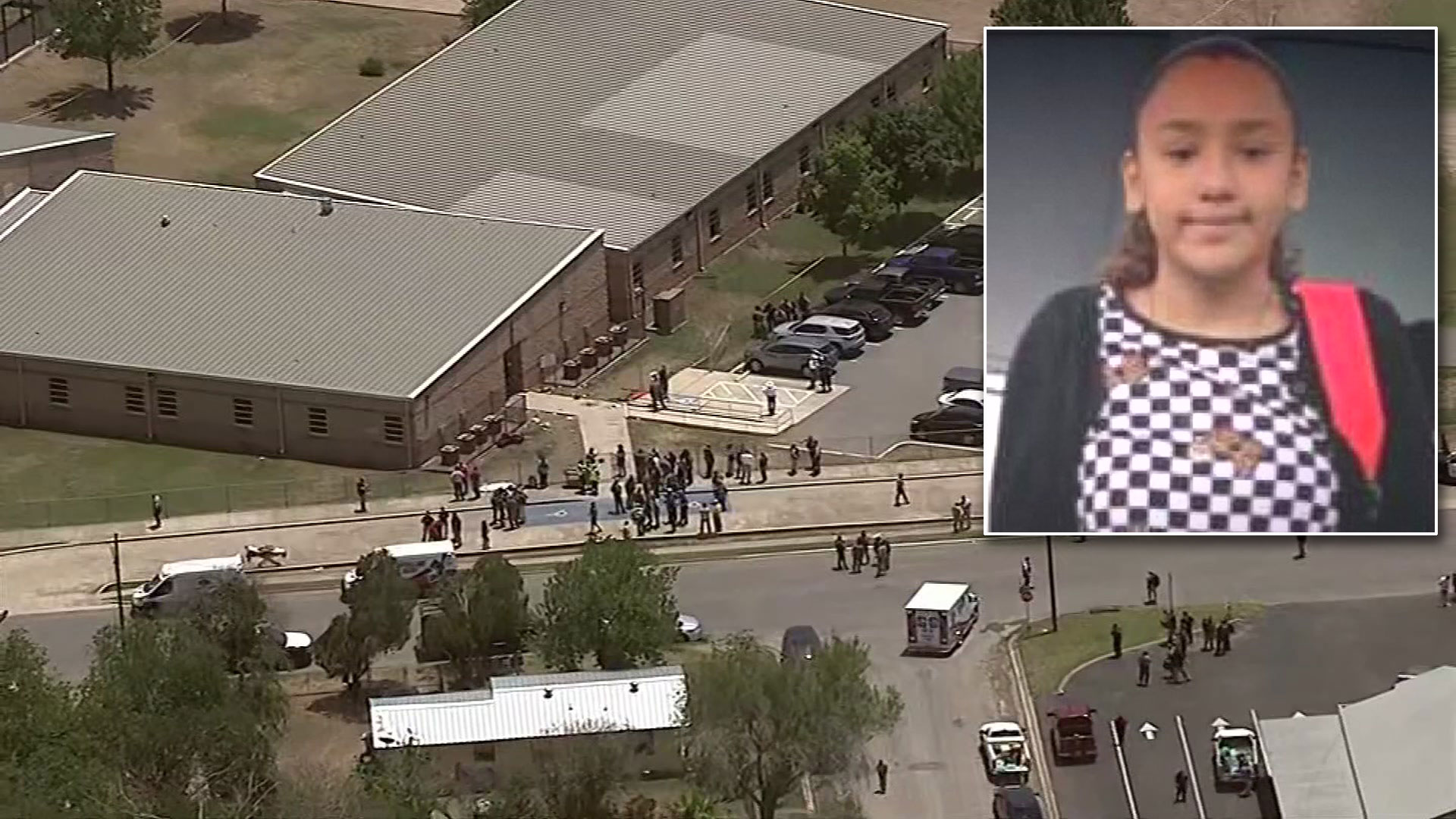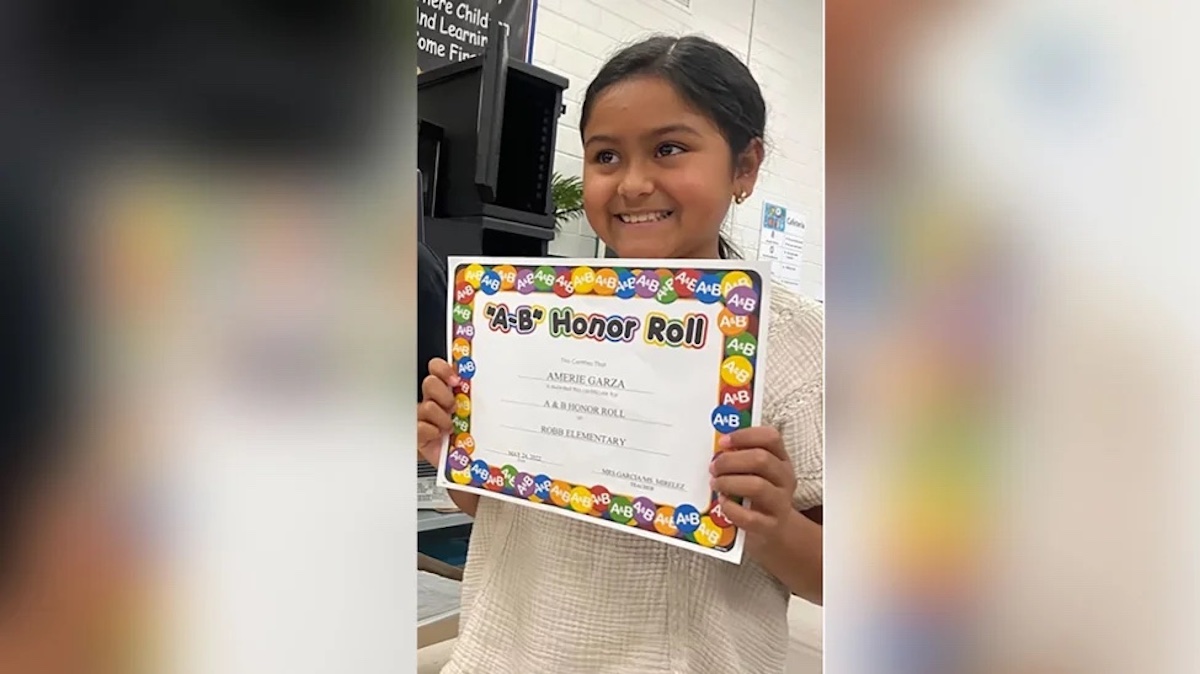In the search to find a motive for the massacre in Uvalde, Governor Greg Abbott said city leaders in the town of 16,000 pointed to mental health as an underlying issue that is widespread in their community.
"We have a problem with mental health illness in this community and then they elaborated on the magnitude of the mental health challenges they're facing and the need for more mental health support in this region," Abbott said.
At the same news conference on Wednesday, Abbott said, "there was no known mental health history of the gunman."
Yet, Dr. Debra Atkisson, an associate professor and physician development coach at the TCU School of Medicine with 31 years of experience as a child and adolescent psychiatrist says, "America, our whole country, is in a mental health crisis and there's numerous reasons for it, that's number one. What is a mental health crisis? It's when we have a high number of people who are showing mental health symptoms, diagnosable mental health conditions, or a significant number of mental health symptoms, and we don't have the ability to provide resources for them."
Get DFW local news, weather forecasts and entertainment stories to your inbox. Sign up for NBC DFW newsletters.
In Texas, NBC News reports in April, Gov. Abbott slashed $21 million from the department that oversees mental health programs. A 2021 State of Mental Health of America report put Texas last out of all 50 states and the District of Columbia for overall access to mental health care.
Atkisson says "Texas is rich in resources" with medical schools and training centers. She points to her medical students at the TCU School of Medicine. "The medical students I work with, they are wonderful. It has given me hope for the future of medicine just by interacting with them. And we have people that will step up if they can get a training spot to train them," she said.
John Peter Smith in Fort Worth has a psychiatry residency program but, she says, only two slots are available and there needs to be more.
She applauds the training program at UT Southwestern Medical Center in Dallas.
"They have the people who can do the training. We have the patients who the trainees can learn with. Open the slots. Fund them. We have students who will go in there and fill them," she said.
Atkisson says she has spent the last 20 years in conversations with legislators in Austin asking for more funding, and more resources. She appreciates the lawmakers who have pushed bills forward to increase residency slots but the state needs more.
"They need to be willing to open that budget a little wider and spend more money to get more training slots," she said.
If those slots are open, the help so many need can come quickly. Residents and interns walk in as medical doctors with thousands of clinical hours of training and education to take care of people. "And with their supervising attending physicians, educating them, helping them, training them, more people will be seen almost immediately if they'll open the slots," Atkisson said.
She estimates Texas has 2,200 psychiatrists but could easily use 800 or more.
Atkisson has spent more than three decades caring for the mental well-being of children and adolescents. She offered a three-point checklist she believes can help everyone better connect to each other and their own mental wellness. Listen to her advice here.




